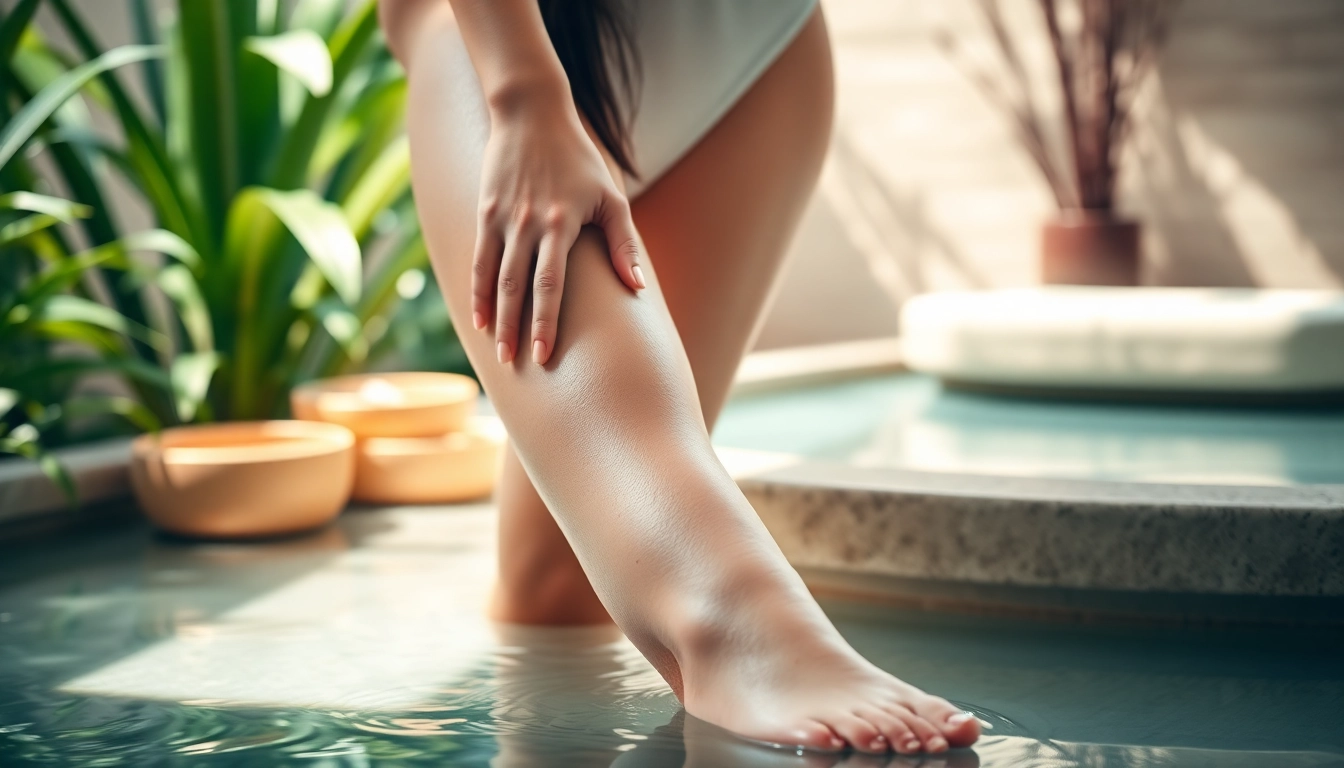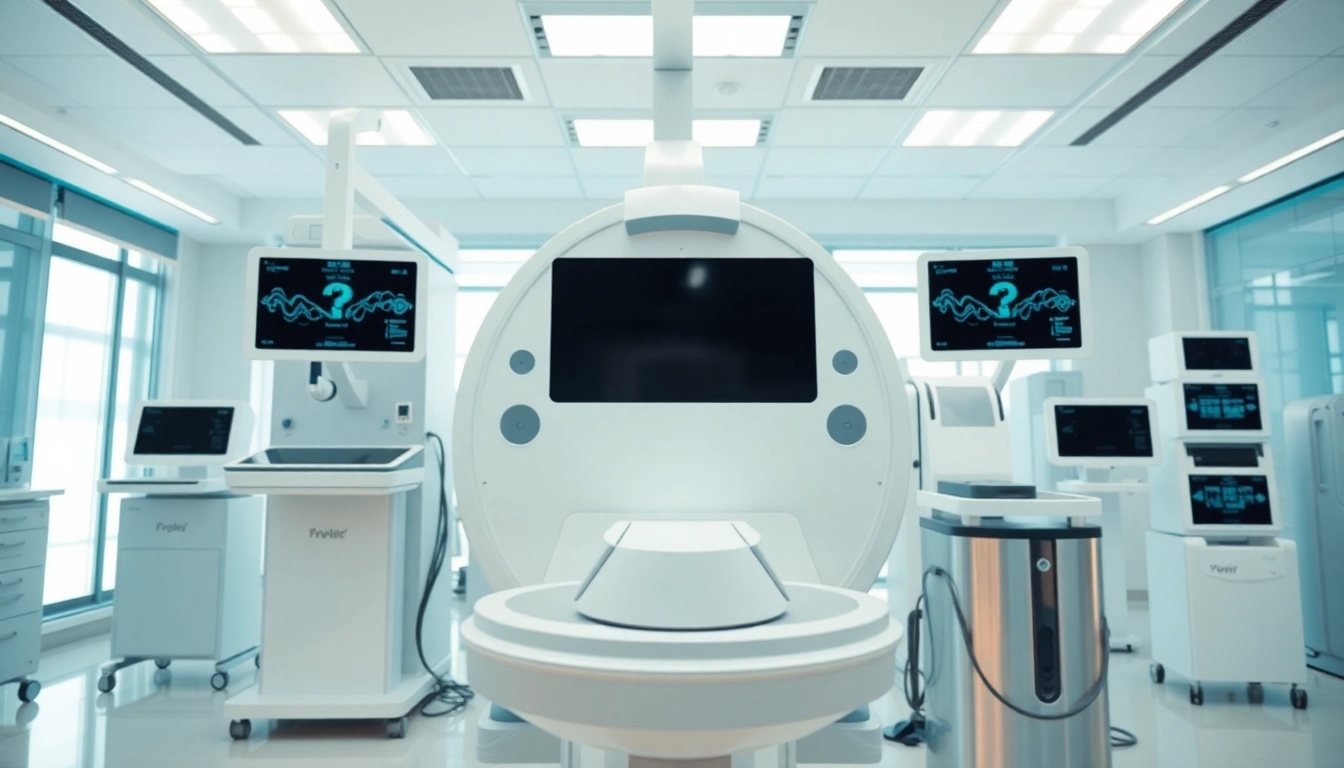
Understanding Cellulite and Its Causes
What is Cellulite?
Cellulite is a cosmetic condition characterized by the appearance of dimpled, lumpy skin, typically found on the thighs, buttocks, and abdomen. This phenomenon occurs due to the structure of the skin and underlying fat. As fat cells beneath the skin push against connective tissues, they create the characteristic dimpling effect. While cellulite is often associated with weight gain, it can also affect individuals of all sizes, as it is influenced by various factors including genetics and hormonal changes.
Common Myths about Cellulite
There are numerous myths surrounding cellulite that can cloud its understanding:
- Only overweight individuals have cellulite: This is untrue; both slim and overweight individuals can have cellulite.
- Cellulite is caused by toxins: While toxins can play a role in skin health, cellulite is primarily due to structural skin changes rather than toxic buildup.
- Exercise alone can eliminate cellulite: While exercising can improve muscle tone and skin elasticity, it is not a guaranteed method to remove cellulite.
- Cellulite treatments are permanent: Many treatments can improve cellulite’s appearance, but results are often temporary without lifestyle changes.
Factors Contributing to Cellulite Development
Multiple factors contribute to the development of cellulite, including:
- Genetics: Genetics play a crucial role in determining who develops cellulite and its severity.
- Hormones: Hormonal changes can affect fat distribution and connectivity, leading to the formation of cellulite.
- Diet: High-fat diets, lack of fiber, and excessive sugar can contribute to increased fat accumulation.
- Lifestyle: Sedentary lifestyles may exacerbate the appearance of cellulite, while regular exercise can help manage it.
- Age: As we age, skin loses elasticity and collagen, making cellulite more pronounced.
Overview of Cellulite Therapy Options
Non-Invasive Cellulite Therapy Techniques
Non-invasive cellulite therapies are popular choices for individuals seeking to improve the appearance of cellulite without surgical intervention. Methods include:
- Ultrasound Therapy: This technique uses sound waves to break down fat and stimulate collagen production.
- Radiofrequency Treatment: This method heats the skin to promote fat reduction and improve skin elasticity.
- Vacuum Therapy: This approach uses suction to increase blood flow and stimulate lymphatic drainage, potentially improving the appearance of cellulite.
Micro-Needling for Cellulite
Micro-needling involves the use of fine needles to create tiny wounds in the skin. This process stimulates collagen and elastin production, which can help smooth the appearance of dimpled skin. Results may take several sessions to manifest and often require maintenance treatments to sustain the desired look.
Topical Treatments: Do They Work?
Topical creams claiming to reduce cellulite often contain ingredients like caffeine, retinoids, and botanical extracts. While these agents can temporarily improve skin texture and hydration, most studies suggest that their effects on reducing cellulite are minimal and temporary. Moreover, for significant improvement, they should be combined with other therapeutic modalities.
Comparing Popular Cellulite Therapy Treatments
Laser Treatments Overview
Laser treatments involve using targeted light to break down the fat beneath the skin and increase collagen production. Techniques such as Cellulaze not only target fat but also work on the connective tissue, resulting in smoother skin. These procedures are minimally invasive and tend to provide longer-lasting results compared to topical treatments.
Acoustic Wave Therapy Explained
Acoustic wave therapy utilizes sound waves to break up fat cells and enhance circulation. This non-invasive therapy promotes collagen production and skin elasticity over several sessions. Patients often report improved skin texture and a reduction in the appearance of cellulite within weeks of beginning the treatment.
Surgical Solutions for Severely Affected Areas
In cases where cellulite is severe and resistant to other treatments, surgical options may be considered. Procedures such as liposuction can remove stubborn pockets of fat, but they may not necessarily eliminate cellulite. Alternative surgical methods like subcision involve cutting the connective tissue bands beneath the skin to smooth it. Decisions regarding surgical interventions should be made in consultation with a qualified healthcare provider.
Implementing a Cellulite Therapy Routine
Home Remedies and Lifestyle Changes
Integrating home remedies and lifestyle adjustments can significantly enhance the effectiveness of professional treatments. Recommendations include:
- Regular Exercise: Engaging in both cardio and strength training can improve muscle tone, support circulation, and help manage body fat.
- Hydration: Drinking sufficient water aids in maintaining skin elasticity and may help reduce the appearance of cellulite.
- Healthy Diet: Consuming a balanced diet rich in fruits, vegetables, lean proteins, and whole grains can help minimize fat accumulation.
- Massage: Regularly massaging affected areas stimulates circulation and lymphatic drainage, aiding in temporary improvement of cellulite appearance.
Creating an Effective Treatment Schedule
It is important to develop a consistent treatment schedule to achieve optimal results. This includes planning professional treatments at regular intervals (often several weeks apart) and incorporating at-home care routines involving diet, exercise, and topical applications. Keeping track of sessions and results can help in assessing progress and making adjustments to the routine as necessary.
Monitoring Progress and Results
Tracking progress with before-and-after photos and measurements can be crucial in understanding the efficacy of treatments. Many individuals experience fluctuations, so it is beneficial to monitor changes over time. Consultation with a healthcare professional can provide additional insights and adjustments to the regimen based on observed results.
Expert Recommendations and Future Trends in Cellulite Therapy
Latest Research in Cellulite Treatments
Recent studies continue to explore innovative treatments and the underlying biology of cellulite. Research indicates that therapies combining different modalities—such as laser and radiofrequency—may offer enhanced results. Ongoing clinical trials aim to assess the efficacy and safety of emerging technologies, providing hope for better treatment options in the future.
Expert Tips for Optimal Results
Experts recommend a multi-faceted approach when addressing cellulite. Here are some crucial tips:
- Consult with Professionals: A personalized plan developed with medical professionals can provide optimal strategies based on individual circumstances.
- Consistency is Key: Adhering to a treatment schedule and not expecting immediate results are vital to success.
- Combine Treatments: Using multiple approaches may yield better outcomes than relying on a single method.
Future Directions in Cellulite Therapy Technologies
As technology advances, the landscape of cellulite therapy continues to evolve. New devices are being engineered to provide non-invasive, effective treatments with minimal downtime. Potential future approaches could focus on genetic factors or hormonal therapies targeting the underlying causes of cellulite. Innovations in combination therapies and personalized medicine may present new solutions, ensuring individuals can find the best strategies tailored to their needs.
In conclusion, navigating the world of cellulite therapy involves understanding its underlying causes and available treatments. A combination of non-invasive therapies, lifestyle changes, and, where applicable, professional interventions like cellulite therapy can lead to significant improvements. Awareness and education are key to making informed decisions about personal skin health and aesthetic goals.







